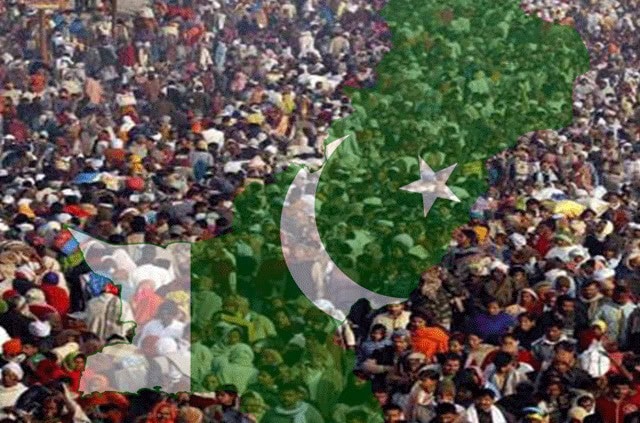By Ali Haider
All modern states have a national-level government that exercises certain functions as laid out in the state’s charter, commonly referred to as the “Constitution.” Below the national level, governance is assigned by the Constitution to what are known as the “sub-national” level governments. This level, which shares sovereignty with the national level, is typically called a province, region, or state. A sub-national level has its own legislature, judiciary, and executive. The Constitution assigns specific functions to be performed at the sub-national level.
All states continually redraw the boundaries of their sub-national units to account for population growth and the distances citizens must travel to reach their government. This practice is based on universally respected considerations, leading to the carving out of new and smaller sub-national units from larger ones around the world.
Unfortunately, this is not the case in Pakistan.
Present-day Pakistan began in 1947 with four provinces, maintaining the same number despite a population increase from 33.7 million in 1951 to a staggering 229.2 million in 2021. We have refused to learn from other countries and ignored reason. We stubbornly refuse to acknowledge our own mistakes and failures.
The current Punjab, with a population of 20.6 million in 1951, now exceeds 119.3 million, making it larger than the populations of all but 12 countries. Present-day Sindh has grown from 6 million in 1951 to over 52.5 million, surpassing 31 countries. Khyber Pakhtunkhwa has increased from 5.8 million in 1951 to over 39 million, larger than 41 countries. Finally, Baluchistan is larger than 172 countries in terms of area.
Is it an exaggeration to deem our governance a failure? Why do we assert that governance in Pakistan is broken? It is because the services that citizens have the right to receive from the state are either not provided or are of very poor quality. Consider healthcare, education, drinking water, sewage, access to justice, security, crime prevention, employment, public transport, housing, economic opportunities, ease of doing business, and more.
The list is extensive, and numerous international surveys place Pakistan at or near the bottom among countries. For the past 77 years, Pakistan has failed its citizens, and this failure becomes more pronounced with each passing day.
It is important to note that delivering nearly all the services mentioned here is the responsibility of the sub-national level and local governments functioning under the province. Our thesis is that the size of the provinces in Pakistan, along with their population and area, makes it impossible for them to provide efficient and high-quality services to their people.
Therefore, all provinces must be divided into a larger number of new provinces. This is the first step toward addressing Pakistan’s broken governance, which is the hallmark of a failing state.














